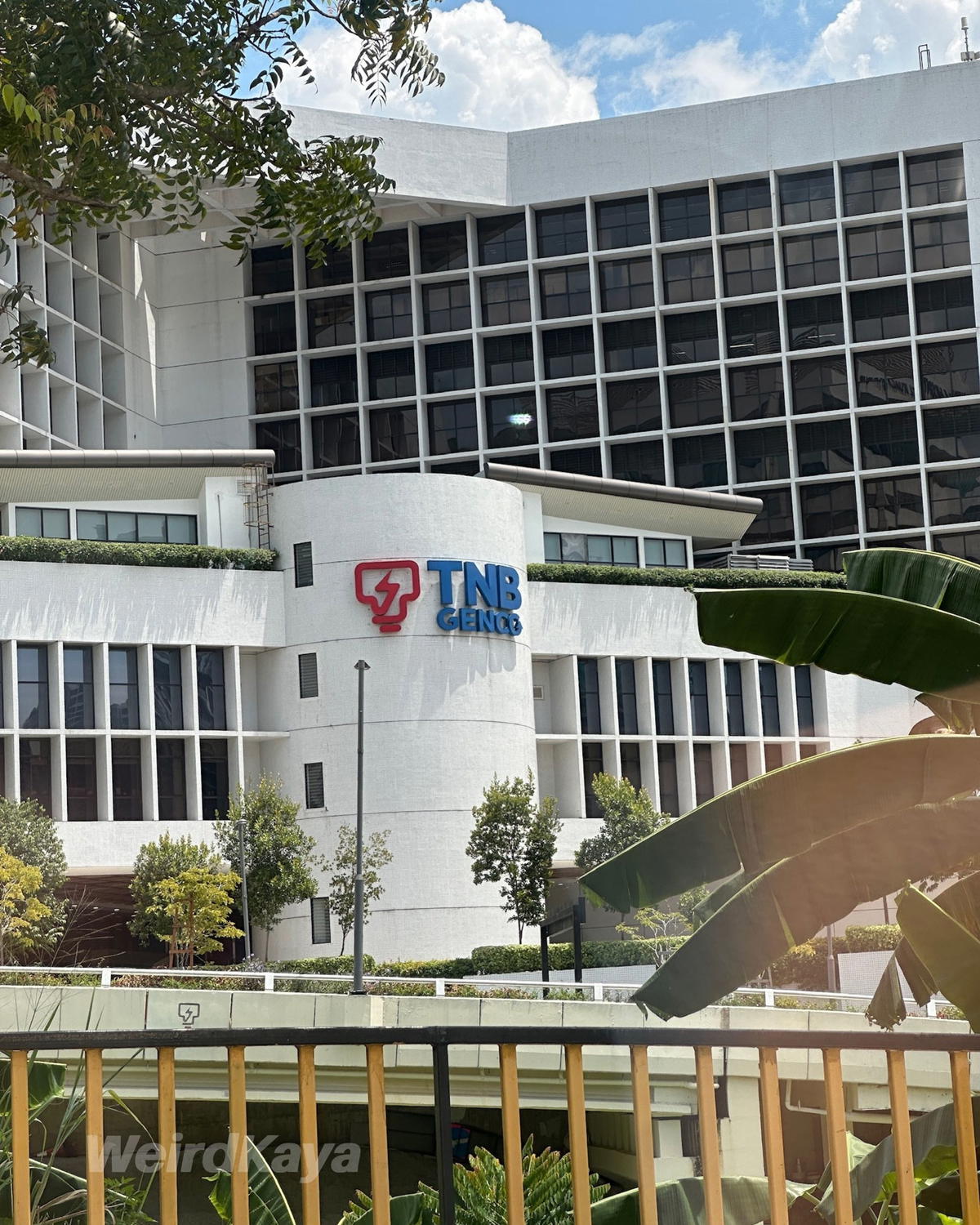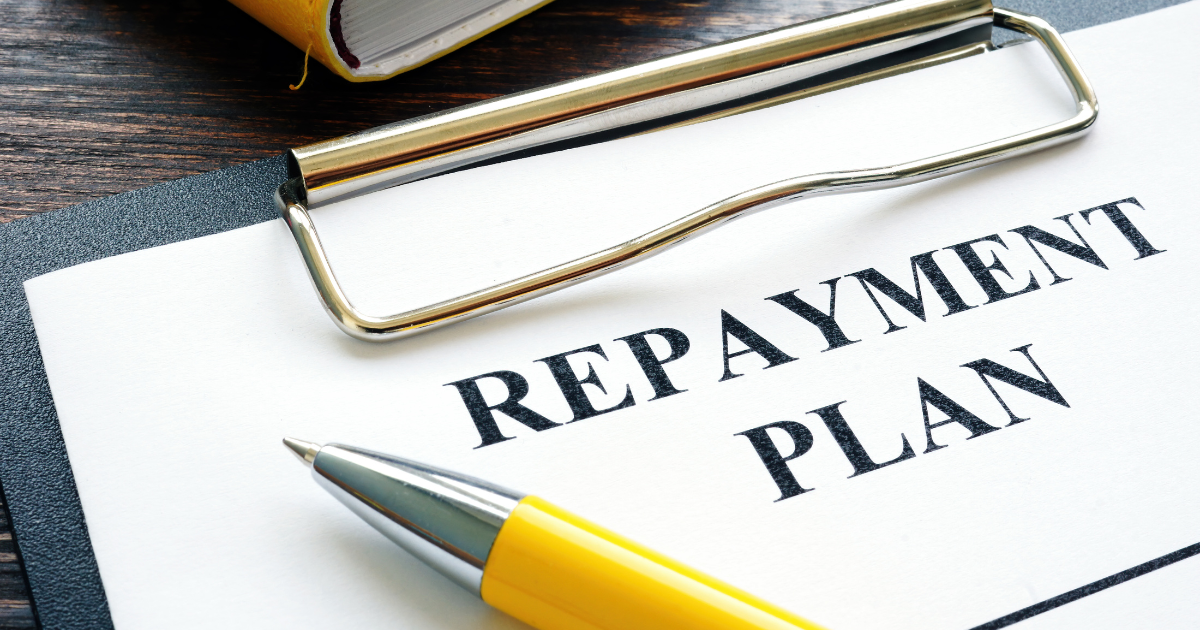Nearly half a million electricity users in Kelantan have yet to settle their bills.
The Energy Transition and Water Transformation Ministry said the total arrears have exceeded RM200 million as of June 2025.
In a parliamentary written reply dated Aug 7, the ministry revealed that 492,174 electricity account holders in the state collectively owe RM229 million to Tenaga Nasional Berhad (TNB).

Domestic users owe the most
The largest chunk of debt comes from domestic users — 411,780 accounts owing RM114 million.
This is followed by commercial and industrial users, with 80,196 accounts in arrears totalling RM53 million.
According to The Star, another RM61 million is owed by Air Kelantan Sdn Bhd (AKSB), which has 198 accounts in arrears.
The ministry noted a minor improvement, with overall arrears decreasing by RM4.33 million since December 2024.
One contributing factor to the high unpaid bills is tenants moving out without settling their electricity charges, leaving property owners to foot the bill.
Flexible repayment plans offered
The ministry said that both Petra and TNB are committed to helping consumers settle their debts, offering flexible instalment plans before resorting to enforcement measures like cutting off electricity supply.

Enforcement action such as disconnecting supply is only taken as a last resort after all negotiations have failed,” it said.
Consumers with outstanding bills are advised to contact TNB immediately to discuss payment solutions and avoid disconnection or legal action.
The ministry added that it will continue running awareness campaigns to encourage timely bill payments and remind users of their responsibilities.
“Cooperation and a sense of responsibility from all parties are crucial… An integrated effort between users, local authorities, property owners and TNB will help ensure that our energy system remains stable, sustainable and fair for all,” it said.
The figures were provided in response to a question by Zahari Kechik (IND-Jeli), who had asked for the number of Kelantan consumers with outstanding bills.
What do you think about this? Share with us in the comment section.
READ ALSO:



